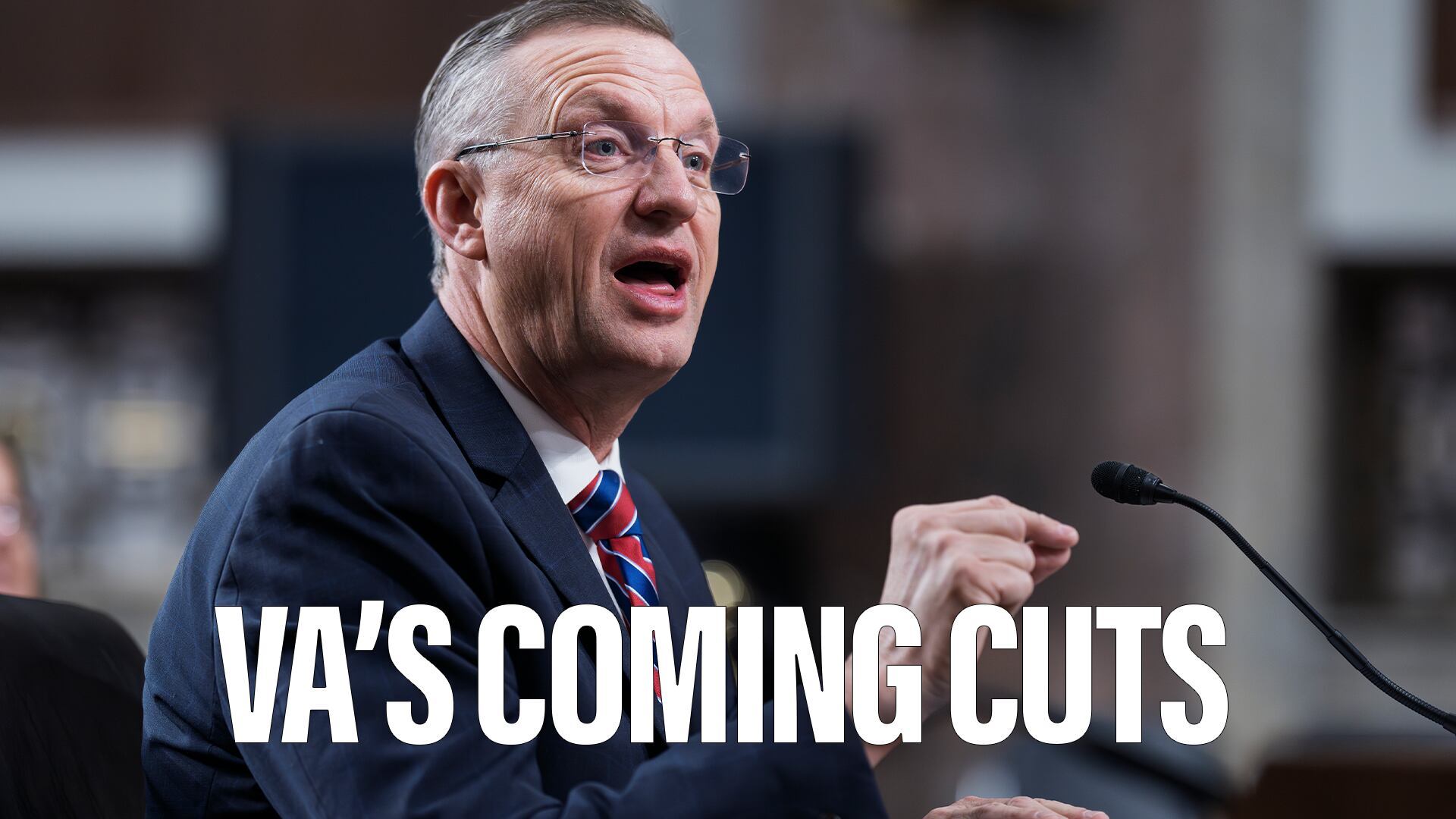PARIS — Commercial banks weigh business, ethical and legal factors as they consider, with a clock racing, whether to lend money to fund an arms export deal, financial specialists said Tuesday Feb. 2 at a conference organized by the think tank Thomas More Institute.
The conference was held on the control of illegal trade in small arms and was supported by the Defense Ministry's office for international relations, Direction Générale des Relations Internationales et de la Stratégie.
Loans and financing for arms contracts are "fairly modest," accounting for 2two to 5five percent of the world bank market, said Stéphane Audrand of consultancy Sylmaris. That is smaller than projects such as energy, raw materials and transport.
Lending for weapons may not be big in pure business terms but if the client is a large diversified company there could be prestige value, he said. But there may also be risk of non-payment and damage to reputation. There is a high flow of bank business, little time to conduct the deal and banks charge "very little," he said.
The margins on arms loans have generally narrowed since the 2008 financial crisis. The margin is measured in 100 basis points — or 1/100th of a percentage point — tied to an official interest such as London Interbank Offered Rate.
Banks last year struck some large contracts as France sold the Rafale to Egypt and Qatar, with both countries requiring loans to pay for the fighter.
Beyond what is legal, there is what is ethically acceptable, said Arne Pet, an executive for corporate social responsibility at BNP Paribas. The French bank has since 2010 set out public policy on lending deals, guidelines that apply worldwide from New York to Singapore.
There is a growing business flow but lenders treat potential deals with great care as there is pressure to observe domestic and international compliance laws, as well as controversy over weapon loans.
Since the 2008 banking crisis, there is greater sensitivity in the financial sector about public image, Audrand said. There are arms embargoes and pressure on social responsibility, with investors setting holding criteria for placing their money.
Some banks, mainly small lenders in Belgium, the Netherlands and Luxembourg, and those in Scandinavia, now rule out arms deals, he said, as this is a complicated market with expensive business structures and ethical pressure.
Chinese and Russian banks are active, Audrandhe said, as they do not come under the glare of publicity at home and they are "fairly creative" in their legal framework. Western and Japanese banks use an ad hoc approach, and executives sometimes have just a few hours to decide whether to enter a deal, while considering legal, corporate governance, financial risk and policy implications.
The financial security of banks has tightened up, with US and international authorities such as the Financial Action Task Force on the outlook for money laundering, corruption and funding of terrorists, he said.
"If there is a financial or legal risk, then there is no deal" in view of the thin profitability, he said.
A key element in negotiations is the international guarantee, with the export country seeking asking the import country for a guarantee of payment from the import country, he said. The exporter asks a bank for a guarantee, and that bank negotiates with the importer’s bank the terms for guarantee, and the terms agreed are set down in the crucial letter of guarantee.
Some banks avoid companies that have been caught up in controversial deals. , so even if that transaction were not involved, the bank will likely walk away, he said. The burning question today is, who is the exporter client, rather than the weapon sold. There is more dialogue with the exporting company, where previously the lender’s attention lay on the armament.
The future controversy will be over loans for drones and thermobaric weapons, Audrandhe said. The latter system delivers massive shock, burns as a fireball and consumes the air.
For BNP Paribas, there are lists excluding companies that produce certain types of weapons, Pet said. There are the Ottawa mine ban treaty and Oslo convention against cluster bombs.
The bank would refuse an international guarantee where the counterparty client — the client's client — appears suspect, he said. That would require detailed research — due diligence — to give a full picture of the deal.
There are countries on arms embargo lists, some on lists with bad records for human rights and childrens' rights, he said. There are internal records for nations tied to corruption, money laundering and financing terrorism.
Arms contracts on a state-to-state basis, with delivery to the Defense Ministry or armed forces, are the preferred deals, with scrutiny of defense and security sales in the broadest definition, including police equipment, he said.
There is a need for "heightened vigilance on armaments deals," as the bank "wants to show it took an informed decision," he said.
Email: ptran@defensenews.com








